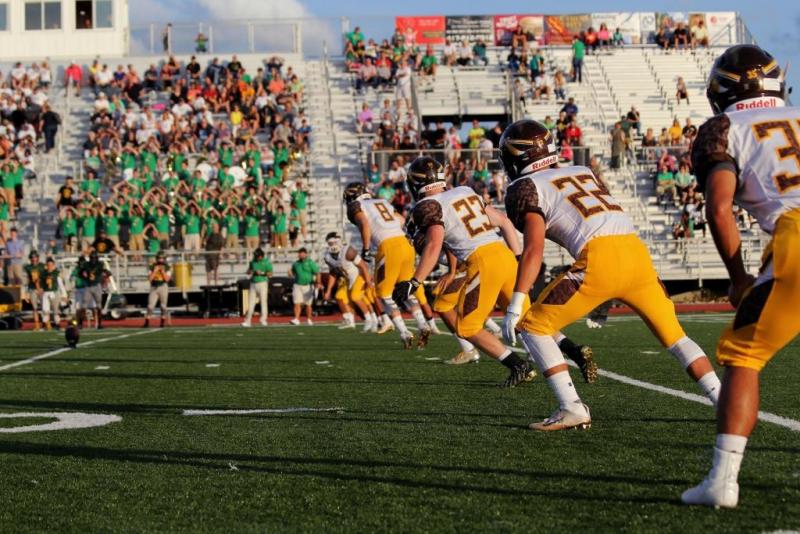In the tapestry of college culture, few threads are woven as prominently as the vibrant, pulsating energy of college football. This sport, more than just a game, is a phenomenon that colors the autumnal Saturdays with hues of fervent excitement and communal pride. The reverberating cheers in stadium coliseums are but echoes of its deeper impact on campus life. It shapes traditions, fuels economies, and forges identities in ways that resonate far beyond the final whistle.
The Social Fabric: Unity and Rivalry
The clash of helmets not only marks the rhythm of competition but also stitches together the social fabric of a university. Student sections become melting pots where individuals from disparate backgrounds unite under a common banner. The shared elation of victory and the collective sigh of defeat transcend mere fandom; they're woven into the very identity of the institution. Meanwhile, rivalries with other schools solidify in-group solidarity, turning athletic contests into emblematic battles that echo through time.
Academic Advancement: A Double-Edged Sword
The financial windfall of a successful college football program can be a boon for academic institutions. Yet, it's a realm fraught with paradoxes. Increased visibility may lead to a surge in applications and funding for research, but it can also skew priorities. Balancing the ledger between academia and athletics requires a deft touch, lest the glow of the gridiron outshine the pursuit of scholarly excellence.
Economic Engines: Prosperity and Pressure
Football Saturdays transform college towns. Restaurants swell, hotels book up, and merchandise flies off the shelves. This economic engine generates significant revenue, creating jobs and supporting local businesses. However, this prosperity comes with pressure—to win, to expand, and to perpetually bet on your favorite sport as an unending source of growth. The sustainability and ethics of such an economy often come under scrutiny.
Culture and Tradition: Shared Stories and Heritage
Every touchdown and turnover adds a line to the storybook of an institution's heritage. Traditions are born from legendary plays and iconic figures who donned the school colors. These rituals—from tailgates to fight songs—become rites of passage for each new class, linking generations in a shared narrative that is relived and retold with every snap of the ball.
Health and Wellbeing: The Physical and Psychological Impact
The athleticism displayed on the field can inspire a campus toward greater physical health and activity. Conversely, the specter of injury and the grueling nature of the sport raises concerns about the long-term well-being of student-athletes. The psychological effects, from the stress of competition to the camaraderie developed among teammates, ripple outward, influencing the mental health landscape of the campus community.
Alumni Relations: Lifelong Loyalty and Support
Long after graduation, the echoes of college football games can still be heard in alumni’ hearts. Their loyalty is fortified through the shared memories of game-day festivities and the pride of past glories. This enduring connection often translates into ongoing support for the university, both in terms of advocacy and financial contributions, cementing football's role in the lifecycle of an educational institution.
Conclusion: An Interwoven Legacy
College football is not merely a seasonal sport; it is an interwoven part of the university legacy, impacting facets of campus life with its multifaceted reach. From social cohesion to economic vitality, from cultural tradition to the enduring bonds of alumni, its influence extends far beyond yardlines and scoreboards. As the leaves change and the fall chill sets in, the gridiron stage is set—not just for a game but for the ongoing narrative of a community united under the bright lights of a shared passion.

